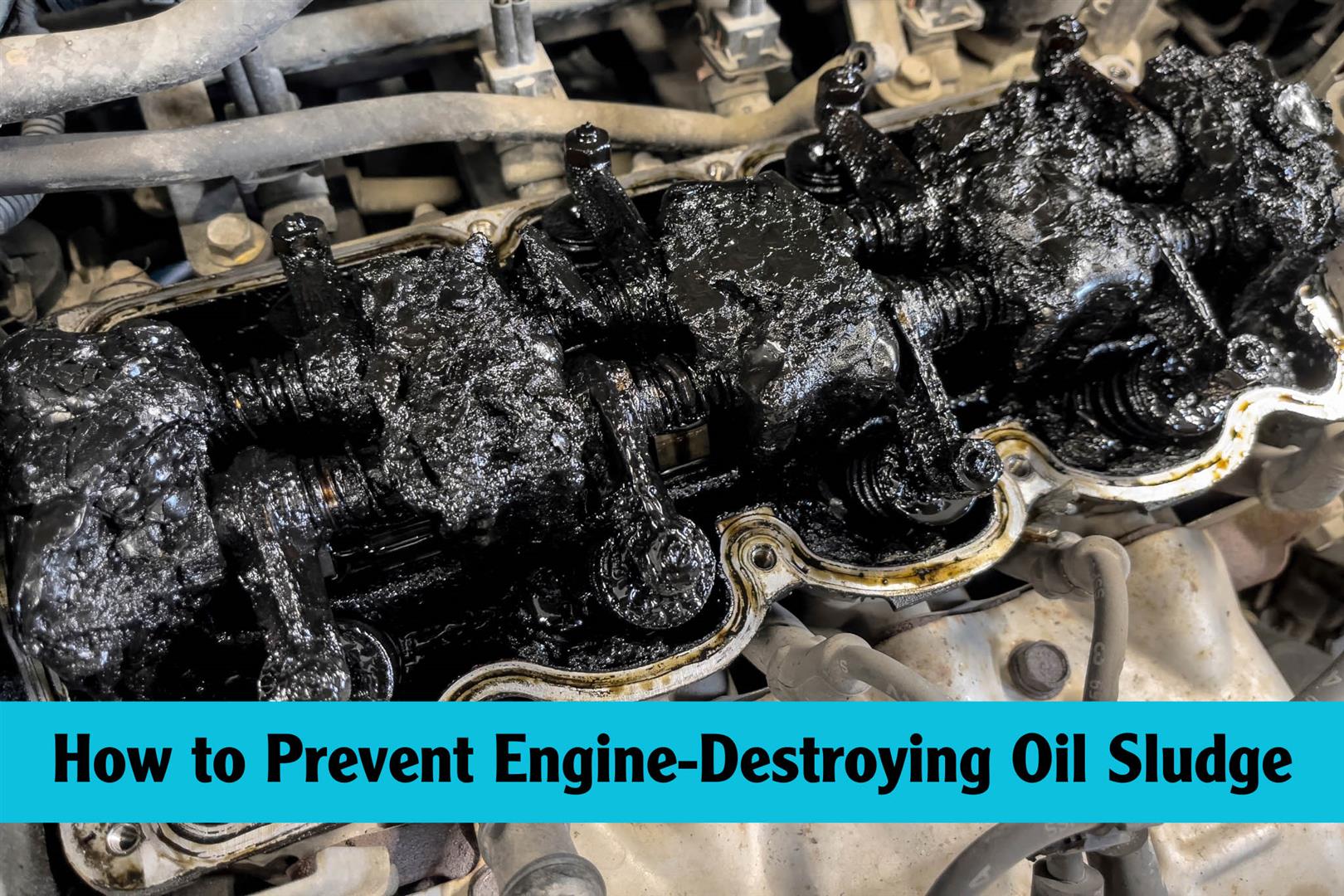Posted on 9/30/2024

Fall in Colorado is a beautiful time of year, with vibrant colors, crisp air, and cooler temperatures. But as the season changes, so do the challenges that your vehicle faces. From unpredictable weather to temperature drops, fall can introduce a variety of car problems—especially if you’re heading into the mountains. Here are some common fall car issues and tips on how to prevent them: 1. Tire Pressure Drops As the temperatures in Boulder start to cool down, your tire pressure naturally drops. Cold air causes the air in your tires to contract, which can affect your handling, fuel efficiency, and tire wear. How to Prevent It: Regularly check your tire pressure as the weather cools, especially if you’re planning on driving into higher elevations where temperatures fluctuate more dramatically. Proper tire pressure is critical for staying safe on the wet and potentially slippery fall roads we often see in Colorado. 2. Battery ... read more
Posted on 9/23/2024

Fall in Colorado is a beautiful time of year, with golden leaves, crisp air, and the perfect opportunity to head up to the mountains. But before you hit the road for that scenic drive or mountain adventure, it's important to make sure your vehicle is ready for the changing weather. Here are some steps to prepare your car for a Colorado fall, so you can enjoy the season worry-free. 1. Check and Change Your Oil As the temperatures cool, ensuring your engine is running smoothly is crucial, especially if you're planning trips up into higher elevations. If it’s time for an oil change, consider our Premium PLUS Oil Service or Premium ULTRA Oil Service to give your engine the protection it needs. With BG products like BG MOA and BG EPR, these services help keep your engine clean and running efficiently, even in fluctuating temperatures. 2. Inspect Your Tires Colorado’s f ... read more
Posted on 9/18/2024

Owning a Jeep Cherokee means you're ready for anything – from daily commuting to weekend off-road adventures. But when your 4WD system won’t engage, it can put a serious damper on your plans, especially here in Colorado where the terrain demands it. If you’ve noticed your Jeep Cherokee’s 4WD system isn’t working as it should, you’re not alone. This is a fairly common issue, and there are a few reasons why it might happen. Common Causes of 4WD Issues in a Jeep CherokeeTransfer Case Problems The transfer case is the heart of your 4WD system, distributing power between the front and rear wheels. If something goes wrong here, your 4WD won’t engage properly. Symptoms of transfer case issues include strange noises when trying to switch into 4WD or the vehicle not switching at all. Regular maintenance can help keep your transfer case functioning smoothly. Faulty 4WD Actuator The actuator is a ... read more
Posted on 9/16/2024

Oil sludge is one of those sneaky engine problems that can cause serious damage if left unchecked. It forms slowly but can lead to costly repairs, reduced performance, and even engine failure. So, what exactly is oil sludge, what causes it, and—most importantly—how can you prevent it? Let’s take a closer look. What is Oil Sludge? Oil sludge is a thick, sticky substance that forms when motor oil breaks down and combines with contaminants inside the engine. Over time, it can build up and clog vital engine components like oil passages, filters, and valves. Once sludge starts to form, it restricts oil flow, causing parts to overheat and wear out faster. Oil sludge typically looks like dark, gooey deposits inside the engine. It’s often found around the oil cap, dipstick, and inside the crankcase, and it’s one of the leading causes of engine failure if it’s not addressed.What Causes Oil Sludge? Oil slu ... read more
Posted on 9/11/2024

To extend the life of your Toyota Tacoma, prioritize regular maintenance, use quality parts, keep it clean, address issues early, and drive with care. These simple steps can help your Tacoma go the distance! Stay on Top of Maintenance: Follow your Tacoma’s maintenance schedule. Regular oil changes, tire rotations, and fluid top-offs prevent small problems from becoming expensive repairs. Use Quality Parts and Fluids: Always use manufacturer-recommended parts and fluids for better performance and longevity Keep the Undercarriage Clean: If you go off-roading or drive in muddy areas, wash your Tacoma’s undercarriage regularly to prevent rust and corrosion, especiallyaround suspension and brake parts. Pay Attention to Warning Signs: Don’t ignore the check engine light, squeaky brakes, or unusual noises. Early detection of issues savesmoney and keeps your truck in top condition. Drive Smart: Avoid aggressive driving habits like quick acceleration or hard braki ... read more